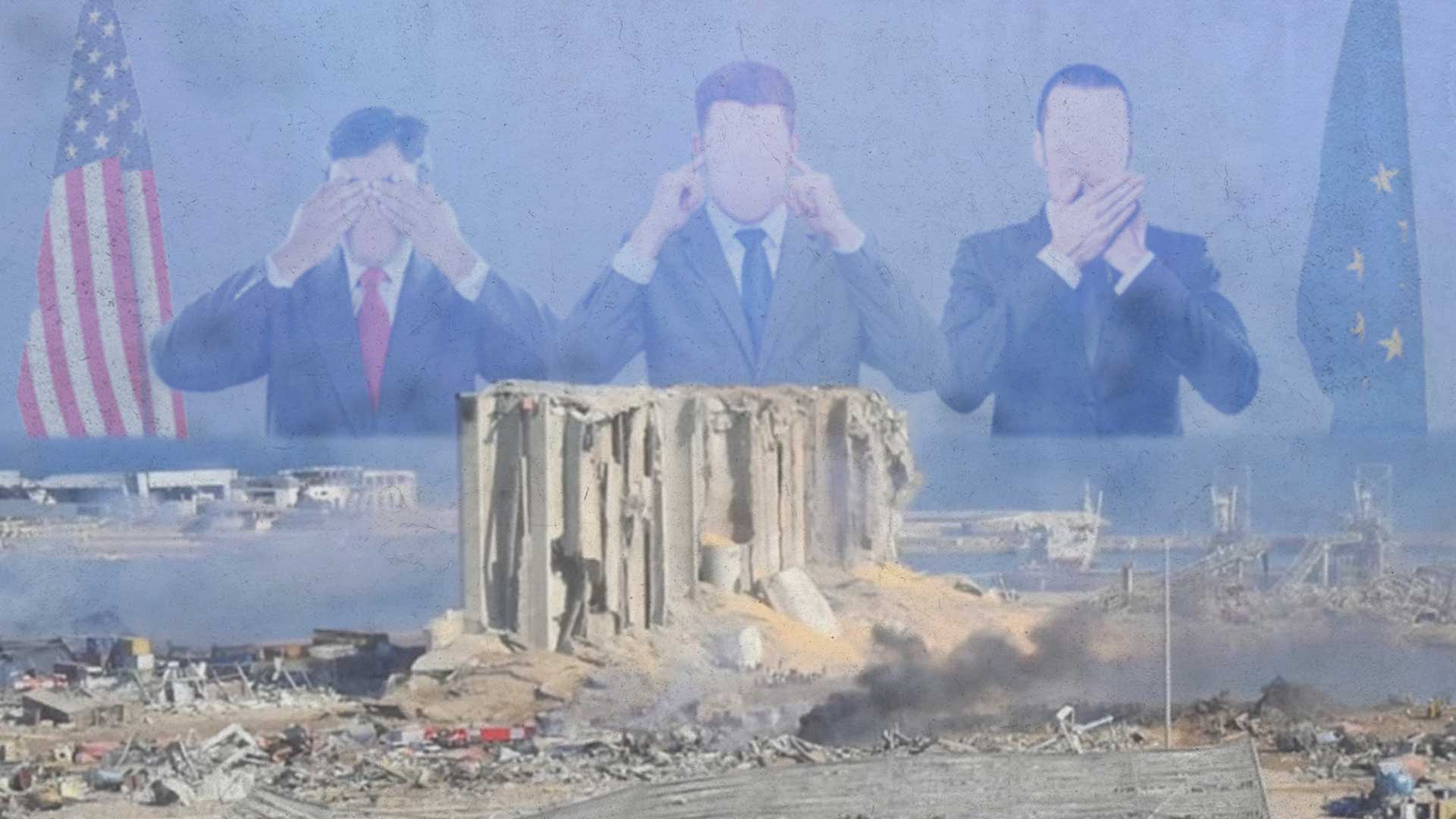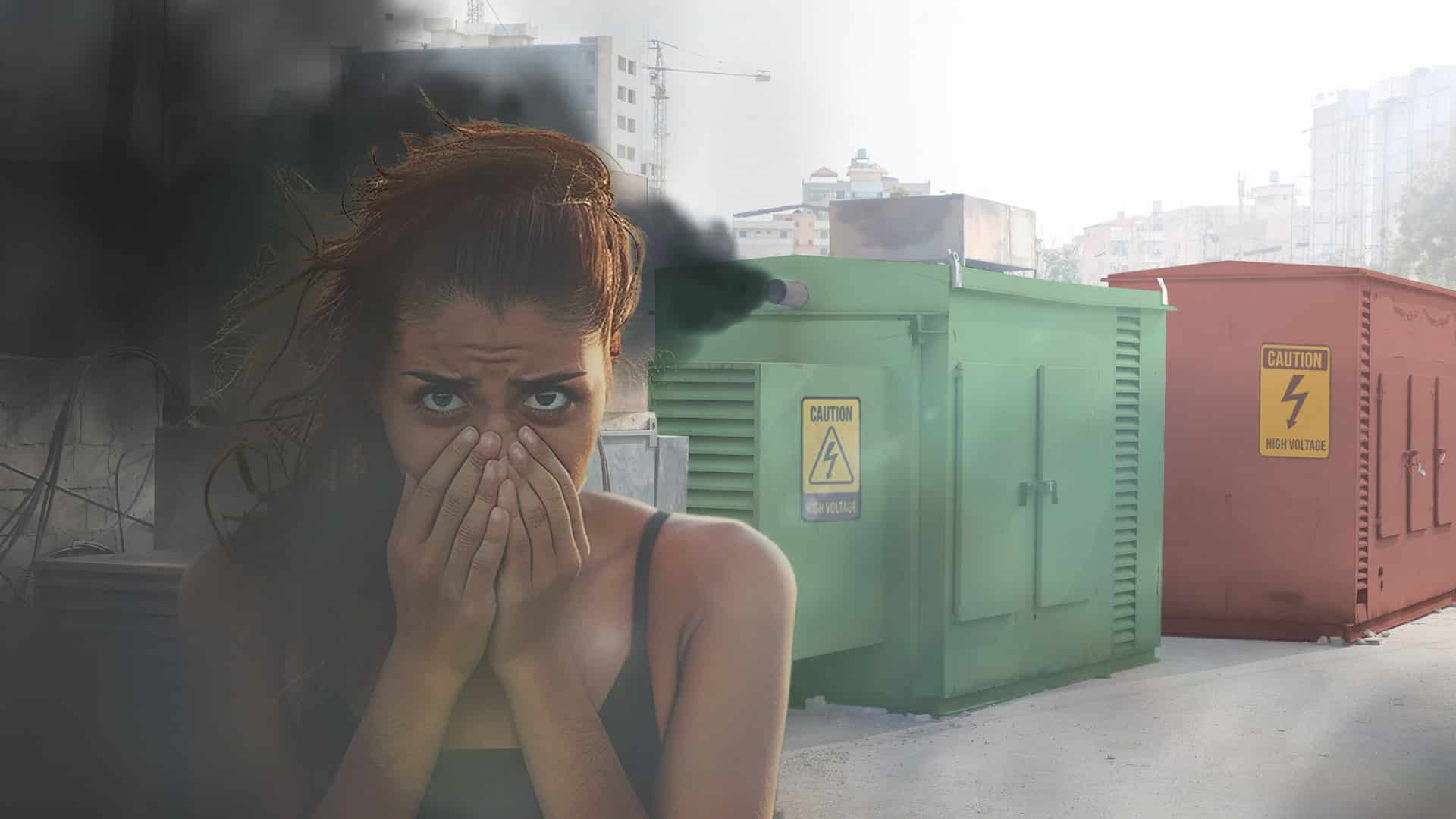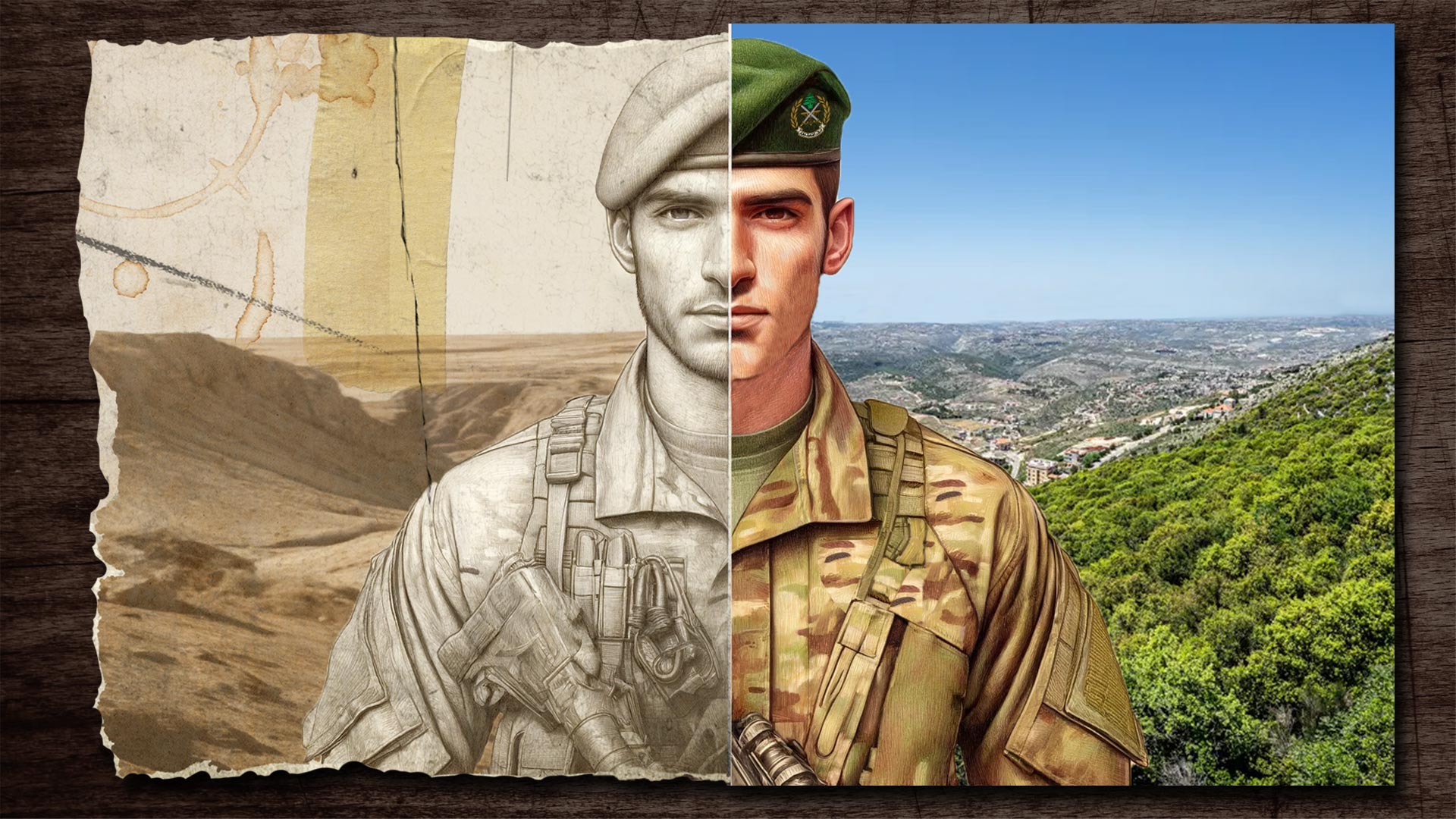The lead-up to the second anniversary of the 2020 Beirut blast on August 4, whether by twisted fate or supreme incompetence, has been marked by torturous reminders of the chaos Lebanon’s leaders have inflicted upon its citizenry. The slow-motion collapse of the port’s symbolic grain silos over the weekend sent many Lebanese packing in fear of re-traumatisation, while elsewhere in the country, people fought each other for bread.
In the background, Lebanon’s political class has succeeded in interfering with Tarek Bitar’s investigation enough to render it ineffective. This denial of justice is a further insult to the deep physical and psychological injuries already suffered by Lebanese in a multi-layered crisis that requires urgent intervention by independent international actors.
A European Parliament resolution has recognised Lebanon’s crisis as “a man-made disaster caused by a handful of men across the ruling political class;” the World Bank has described it as a “deliberate depression;” and the United Nations has said the “political and financial leaders are responsible for forcing most of the country’s population into poverty, in violation of international human rights law.” The crisis is leading to increased deaths and population-wide suffering, posing the threat of yet another refugee crisis on the shores of the Mediterranean.
The entangled political influence within Lebanon’s judiciary always meant there was little chance of an independent investigation into the blast that would have been able to achieve justice for the families of victims, survivors, and those whose homes were damaged or destroyed. The pernicious political influence of Lebanon’s elites has stifled efforts at all levels and has proven that the domestic authorities cannot be trusted to hold their own investigation.
Despite numerous appeals to the UN Human Rights Council by the families of victims, survivors, and legal advocates calling for an independent investigation, and a European Parliament resolution calling for a similar inquiry, the international community remains absent in its claims of support for the Lebanese people’s dignity through accountability and justice.
As the only remaining actors with the capacity to force change upon Lebanon’s entrenched ruling class, the international community has so far not taken any steps to back up the flurry of strong words following the Beirut blast. Indeed, they have even indirectly helped re-legitimise the political class through the mixed messaging of the European Union’s toothless electoral monitoring mission.
The EU sanctions’ framework for Lebanon remains ineffective due to hold-out votes from political allies of the Lebanese ruling elite in Hungary, Austria, and Poland. French President Emmanuel Macron also holds major responsibility for abandoning the bold pose he struck after the blast.
The sanctions framework was also never linked to accountability for the blast, meaning holding compromised elections and making superficial moves towards reform was able to save the political class from any sanctions related to their interference in the investigation.
Lebanon’s downward spiral must be stopped with more than just tough rhetoric and band-aid reforms in return for financing. The country needs an international investigation into the port blast. However, it has seen this before in the drawn-out and politicised Special Tribunal for Lebanon into the assassination of Rafik Hariri.
In Lebanon’s hotly contested geopolitical context, creating a blast investigation that is both free from politicisation and powerful enough to enforce its findings will be a major challenge. The obvious path would arguably be the International Criminal Court (ICC) in The Hague in The Netherlands. The ICC’s mandate is to act as a court of last resort to prosecute individuals for crimes against humanity, genocide and war crimes when national jurisdictions for whatever reason are unable or unwilling to do so.
International justice is still in its infancy however, and even the ICC is not immune to politicisation. Major world powers have refused to recognize the ICC’s jurisdiction. Washington has even warned Holland that any case against the US may provoke military action.
The lessons emerging from the way Lebanon’s Civil War was resolved show that “a neither victor nor vanquished scenario,” in which no one is held accountable, is only a recipe for extended suffering and prevents opportunities for collective healing.
The Lebanese people’s response to the 2020 blast was one of the strongest displays of national unity and solidarity across sectarian lines in the country’s history and presents a vital opportunity to reset standards for government accountability. Now is the time for the international community to choose which scenario it really stands for: push for change and justice, or stand by and allow governments to torture their population through neglect.



